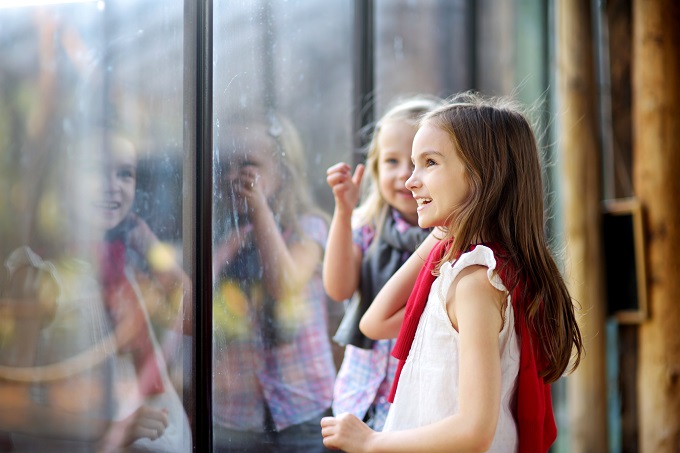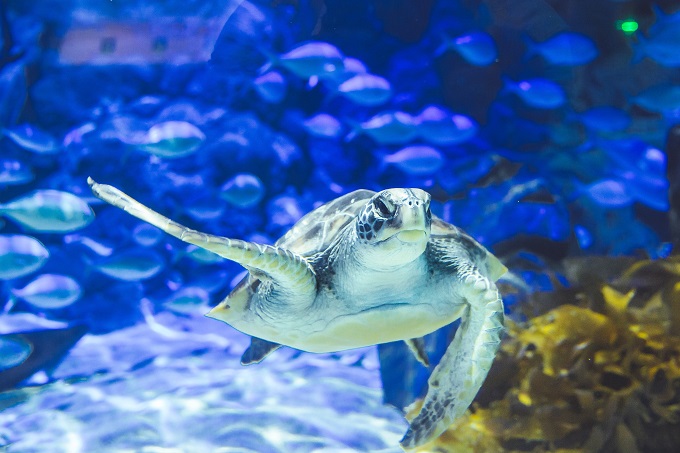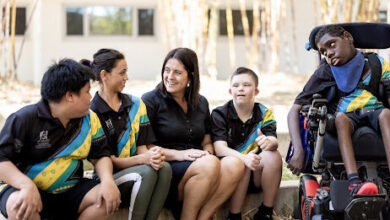Learning outside the box…

For most people, some of their most vivid memories of school aren’t just what happened in the classroom – they’re as likely to be about a trip or excursion outside the school gates and into the real world: visiting a museum or a marae, tramping in the bush, sailing a dinghy or watching a live performance.
Each and all of these – and more – epitomise Education Outside The Classroom (EOTC): curriculum-based teaching and learning activities that reach beyond the classroom. Yet while EOTC occurs, as the name suggests, ‘outside the classroom’, its purpose is very much to complement and enhance what students are studying within the school walls; it reinforces students’ learning by allowing them to make connections between what they may only have read about in a book or seen in a video with the real thing, out there in the real world.
For example, students who are learning about pollution and waste and recycling through the traditional methods of the classroom can have this learning enriched by a visit to a local recycling plant (where, indeed, they’ll be better able to understand how they themselves impact on their own local environment).
Or if a class is studying oceans or the marine environment, then a trip to an aquarium or to the seaside itself can bring to life the incredible flora and fauna they would otherwise only ever see ‘second-hand’ as an image on a page or on a screen. Imagine how much more excited and engaged students will become if they saw a real hermit crab scuttling across a rock pool or watched a real shark gliding past only inches away behind nothing but aquarium glass.
The relationship between in-classroom learning and the EOTC experience is also in line with The New Zealand Curriculum/Te Marautanga o Aotearoa guidelines that encourage schools to develop school curricula and related learning programmes that “reflect the learning needs of their students; build on their previous experiences; and, have meaning for their students because the learning relates to their lives”.
But above and beyond the actual subject and content of an EOTC experience, students also have the opportunity to demonstrate self-management and how they relate to others, as well as participating and contributing – all key competencies identified in The New Zealand Curriculum.
The possibilities for EOTC are boundless; for example, the Ministry of Education lists the following as coming within the EOTC remit: “ten minutes in the school grounds, a half day visit to the bush, river or local museum, … a camping experience, being involved in a hands-on project in the school’s grounds or a local reserve, playing sport, performing at a local Kapa Haka competition or dancing in a children’s art festival, …a week long kayak down the river or the school trip overseas”.
Other possibilities include:
- School Group Adventure Activities– kayaking, rock climbing, learning to surf – any of countless types of outdoor activities that are both fun-filled and challenging
- Cultural Experiences–learning about Māori culture and traditions on a marae (perhaps with an overnight stay), or experiencing the diversity of the different cultures of ever-expanding migrant communities in New Zealand
- History, Arts and Drama– theatre or music performances, movie set tours, museum visits, many of which have specific school programmes or which tour throughout New Zealand
- Nature Excursions– learning about volcanoes by visiting the Central Plateau, cruising on a boat while studying lakes and rivers, setting up a tent in the middle of the bush
- Leadership and Development– excursions designed specifically to promote students’ own leadership and growth
- Tailored Programme– modifying existing excursions to support specific curriculum needs or the needs of a particular group of students
The Ministry of Education’s ‘online knowledge basket’ Te Kete Ipurangi – tki.org.nz – provides a wealth of information on EOTC for teachers, boards and principals, and for parents and whānau. This information includes advice, not only on EOTC options, but also on health and safety, and the important legislative guidelines that must be adhered to.
And remember: While each EOTC experience provides students with exciting opportunities to do and learn new things, they can also be useful and fun activities for the teachers, parents and caregivers who are also involved.
So, who’s up for a trip to the zoo?
Supplier insights…

|
|

 Experiencing marine life at first hand
Experiencing marine life at first hand







